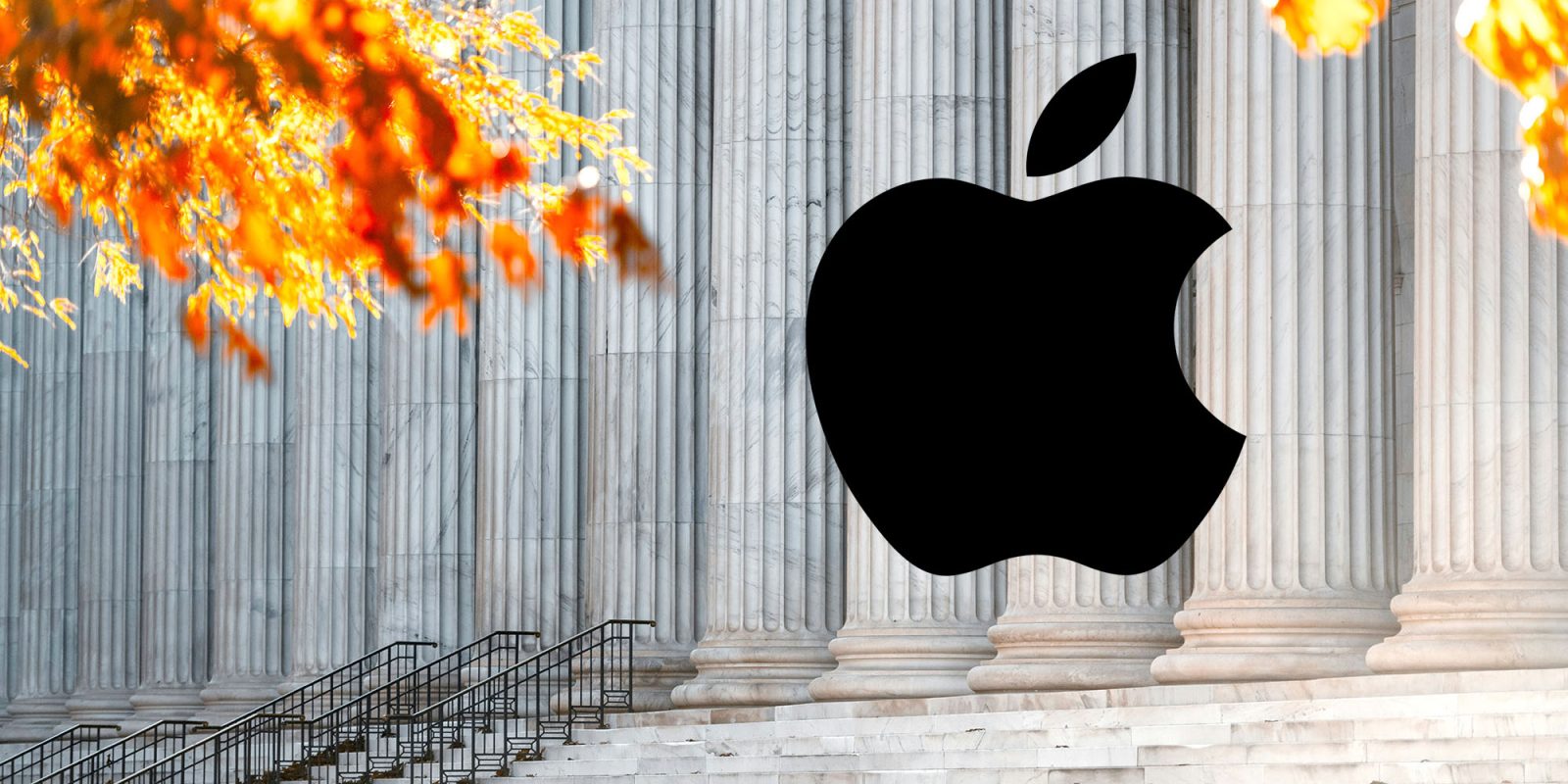

Apple’s third-party app retailer bulletins – through which the corporate set out the phrases on which it can declare compliance with European antitrust legislation – was nothing if not assured.
The corporate’s announcement mixed criticism of the legislation that required it, exceedingly powerful necessities on any developer eager to promote outdoors the App Retailer, and warnings meant to discourage customers from shopping for their apps anyplace else …
Apple’s third-party app retailer bulletins
The headline information was that iOS 17.4 complies with Europe’s Digital Markets Act (DMA) antitrust legislation, by permitting builders to promote their apps outdoors of the official Apple App Retailer.
The headlining change in iOS 17.4 for customers within the European Union is a brand new set of choices for distributing iOS apps from different app marketplaces. This consists of “new APIs and instruments that allow builders to supply their iOS apps for obtain from different app marketplaces.”
That is primarily Apple opening the iPhone to third-party app shops for the primary time. iPhone customers will have the ability to obtain a brand new app retailer from a 3rd social gathering’s web site.
The wording of Apple’s announcement makes it clear that the corporate is simply begrudgingly complying with a legislation it thinks ought to by no means have been handed.
“Apple is introducing new safeguards that cut back — however don’t get rid of — new dangers the DMA poses to EU customers”
“The brand new choices for processing funds and downloading apps on iOS open new avenues for malware, fraud and scams, illicit and dangerous content material, and different privateness and safety threats.”
“the unavoidable elevated privateness and safety threats this regulation brings”
“a much less intuitive consumer expertise”
“the brand new choices for builders’ EU apps create new dangers to Apple customers and their units”
“might negatively have an effect on the consumer expertise, together with impacts to system efficiency and battery life”
“Apple won’t be able to concern refunds, and may have much less capacity to help prospects encountering points, scams, or fraud”
“extra alternatives for dangerous actors to steal delicate monetary info”
The impression Apple seeks to create is that that is primarily the top of app civilisation as we all know it.
Powerful necessities for builders
If builders had been hoping that this might open up a Mac-like world, the place they’re free to promote their very own apps direct to customers from their very own web sites, free from Apple’s minimize, they had been disenchanted.
Apple has gone the third-party app retailer slightly than sideloading route. And no, a small developer can’t arrange their very own app retailer to promote their very own apps: Apple requires anybody wanting to do that to have a €1M ($1.09M) letter of credit score.
This isn’t even saying it’s a must to be large enough to have 1,000,000 Euro enterprise – it’s saying you should have a lot cash which you could put aside a million Euros to cowl any claims from builders or app patrons. Successfully, it’s greater than 1,000,000 bucks tied-up in escrow, so that you’d should be a enormous enterprise to be able to try this.
There’s additionally an annual charge of €0.50 (55c) per app set up, which implies that when you provide a free app which works viral, you would be submitting for chapter slightly than celebrating. Many freemium apps function on a enterprise mannequin the place a tiny fraction of their prospects improve to a paid model, but when they hit over 1,000,000 downloads, they pay for all of the non-paying customers too.
That is assured to finish up in courtroom
Apple has purchased itself a while right here for certain – partly, as a result of what it has provide you with is so sophisticated it can take regulators a while to digest all the small print and run all of the numbers.
However there appears little doubt that Apple is aiming to do the whole lot it could actually to make leaving the App Retailer as tough and costly as potential.
Some tiny fraction of 1% of builders will likely be large enough to create their very own ‘app market,’ and builders who work on a freemium mannequin may find yourself punished for their very own success.
As soon as all of the mud has settled, it appears fairly clear that regulators are not going to think about what Apple has achieved as DMA compliant. Apple will preserve that it’s. And in the end the 2 sides will find yourself arguing the case in courtroom.
As with most courtroom battles involving Apple, it can probably be a few years earlier than a remaining ruling is made. Even when Apple loses – as I’d count on it to – meaning it has been in a position to hold builders within the App Retailer, and defend its 15% or 30% minimize, for all that point.
Who will win the PR battle – Apple, or the builders who’re up in arms about this – stays to be seen.
Picture by Colin Lloyd on Unsplash
FTC: We use earnings incomes auto affiliate hyperlinks. Extra.